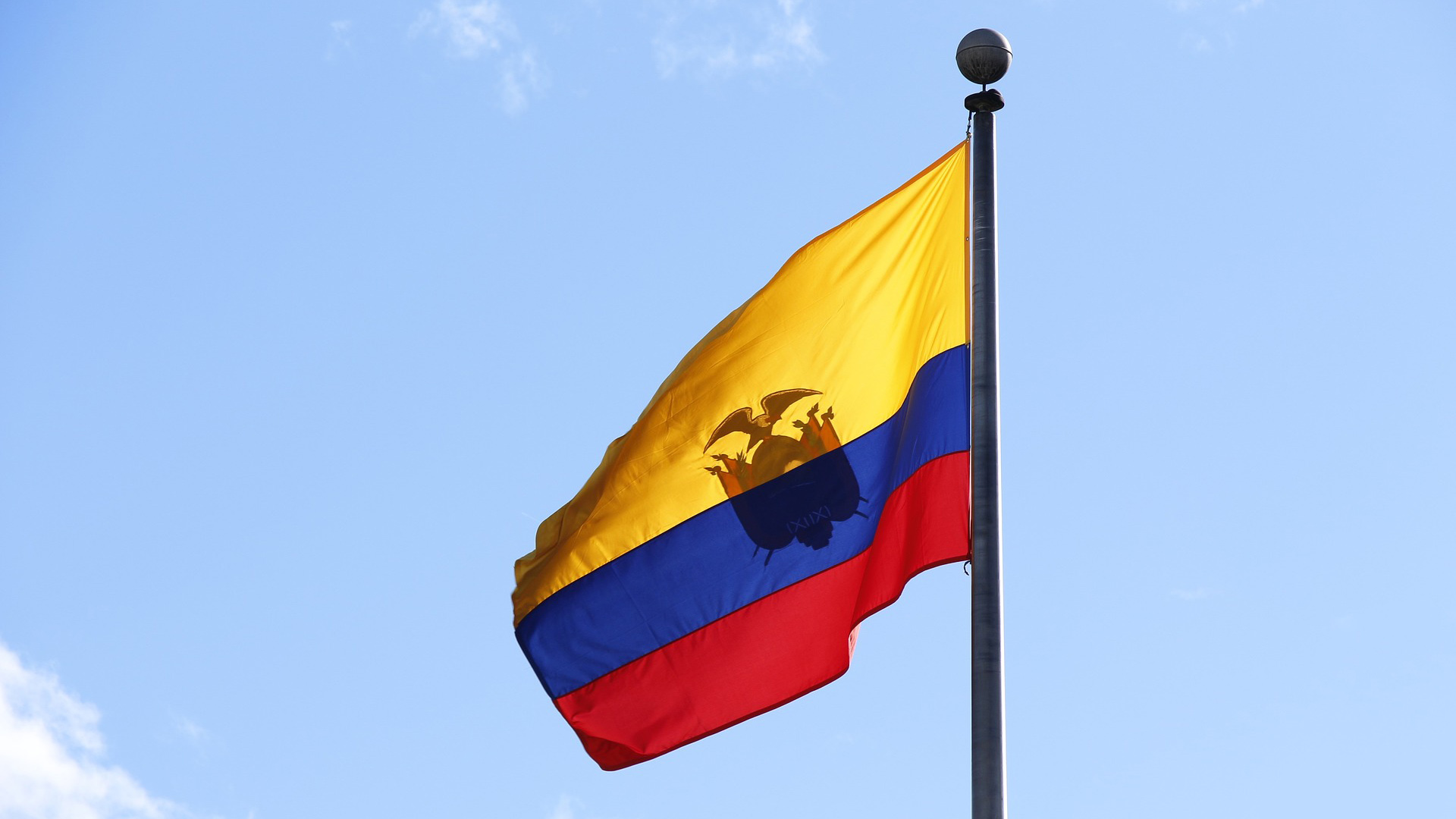Protecting Ecuador’s Elections from Cyber Attacks and Disinformation

As Ecuador prepares for presidential elections in February 2021, the ongoing fight against disinformation in the country will be key to ensuring voters make an informed decision next year and the integrity of the elections is protected. To provide Ecuadorians with fact-based, reliable reporting and build an informed electorate, the International Republican Institute (IRI) has partnered with the government, the electoral body, civil society and candidate stakeholders to develop programs that counter disinformation and cyber-attacks against the upcoming elections.
Disinformation, slurs and dirty tricks in political campaigns are as old as democracy itself – but with the advent of social media, its effects have become more insidious and damaging. COVID-19 has only exacerbated this reality by transferring campaigns to the virtual space, with rallies and in-person meetups no longer taking place.
In Ecuador, the expansion of digital and social media has made the problem of disinformation particularly acute. The problem begins with the illiberal measures taken by former president Rafael Correa to curb dissent. In 2013, the Correa administration passed a “gag law” to silence critical voices within traditional broadcast and print media. Though the initiative failed to entirely reign in dissenting voices on social media, it did give rise to “troll centers” connected to Correa and his supporters – especially in the run up to the 2017 elections. Through social media, particularly Facebook and WhatsApp, these campaigns sought to discredit Correa’s opponents. This group of rivals later came to include his successor, current President Lenín Moreno. Even after Correa’s departure from the presidency in 2017, his allies have continued to influence politics in Ecuador and spread disinformation surrounding individuals associated with the former government.
Without transparent and ethical political campaigns, public trust in government will falter and Ecuador’s democratic progress will stall. For this reason, IRI is working with national and local government, the Secretariat of Communication, the Ministry of Government, the CNE (National Electoral Council) and civil society to bolster electoral integrity by urging candidates and campaigns to commit to digital ethics pacts. On the cybersecurity front, IRI is helping our partners to implement measures that prevent website takedowns and hacks, while training independent media in digital forensics to detect malign online activity and continue their work. We also work with traditional media outlets to support their efforts to monitor, expose and counter disinformation and information operations.
To help improve the electronic and digital security protocols of Ecuador’s National Electoral Council (CNE), IRI held a cybersecurity training for twenty officials involved in next year’s elections. During the workshop, IRI shared the Latin American Cybersecurity Campaign Playbook (Spanish version) developed by IRI, NDI, and the Defending Digital Democracy Project (D3P) at Harvard University. The workshop equipped campaigns with the tools to protect themselves against cybersecurity risks throughout the election cycle – from campaigning to voting to the post-election period.
As a part of this ongoing effort to strengthen electoral administration, oversight and communications, IRI joined Fundación Haciendo Ecuador and the Ecuadorian Institute of Legislative Studies to host a virtual event entitled Ecuador 2021: Get Close to your Electorate during Times of Social Distancing. The session provided political parties, candidates and electoral stakeholders with best practices for engaging, understanding and reaching voters during the current COVID-19 crisis.
As the country prepares for the upcoming elections, Ecuadorian officials, candidates and civil society stakeholders must find new ways to appeal to their constituents and strengthen public trust. IRI is proud to work with our partners to inoculate Ecuador’s democracy against the harmful effects of disinformation so that a culture of transparency, accountability and political freedom can thrive.
Top